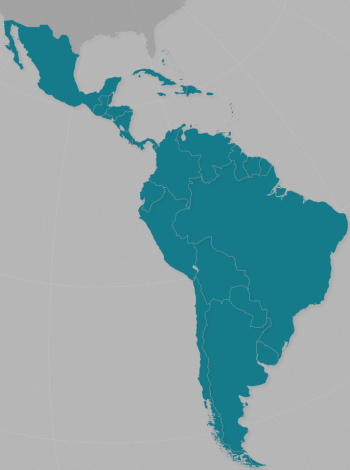MPI’s Latin America and Caribbean Initiative acts as a policy laboratory to develop evidence-based research and innovative, effective policy solutions for the migration challenges facing Latin America and the Caribbean.
Once thought of primarily as a region of emigration, countries across Latin America and the Caribbean are confronting new and increasingly complex migration and humanitarian pressures, including the integration of millions of Venezuelan migrants and asylum seekers who have fled their country since 2014 and the management of regional migration flows across Central and North America.
The Initiative produces research, trends and policy analysis, and policy design; provides technical assistance; and organizes private convenings and public events to inform the decisions of policymakers, the private sector, civil society, and other stakeholders as they respond to evolving trends and policy developments.
Current focus areas include legal pathways, immigrant integration, migration and development, and regional cooperation on migration management.
Para leer las investigaciones de la Iniciativa en español, haga clic aquí.


















